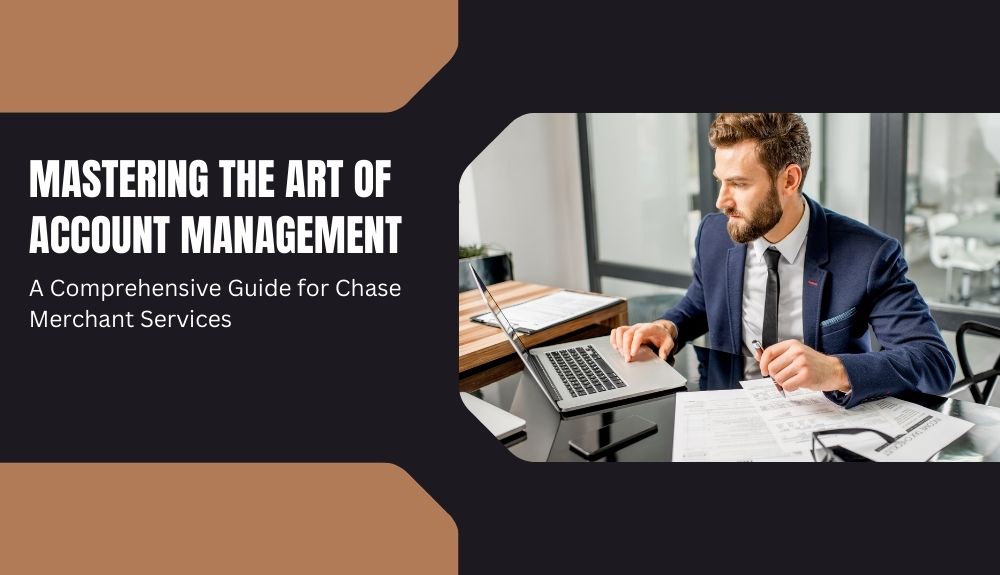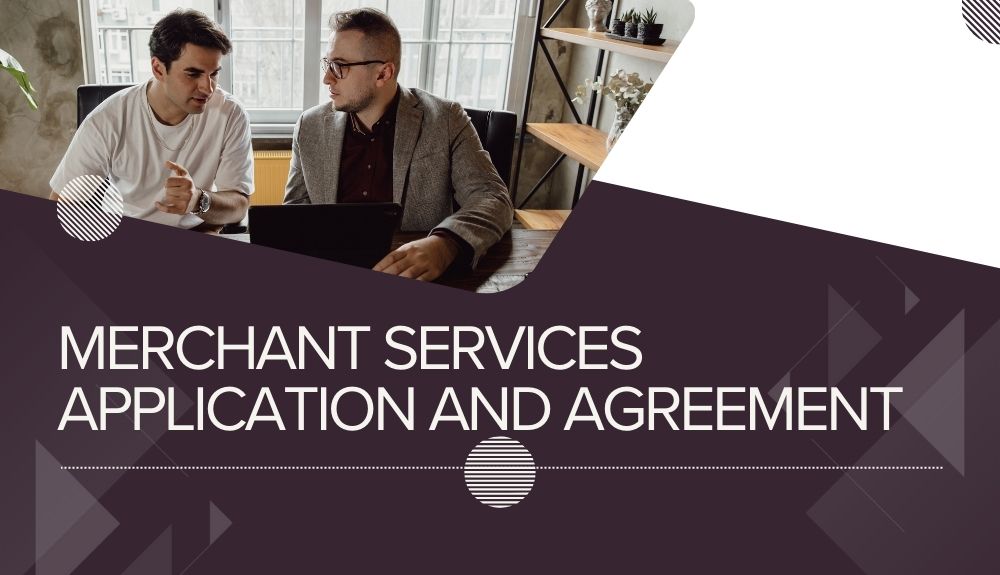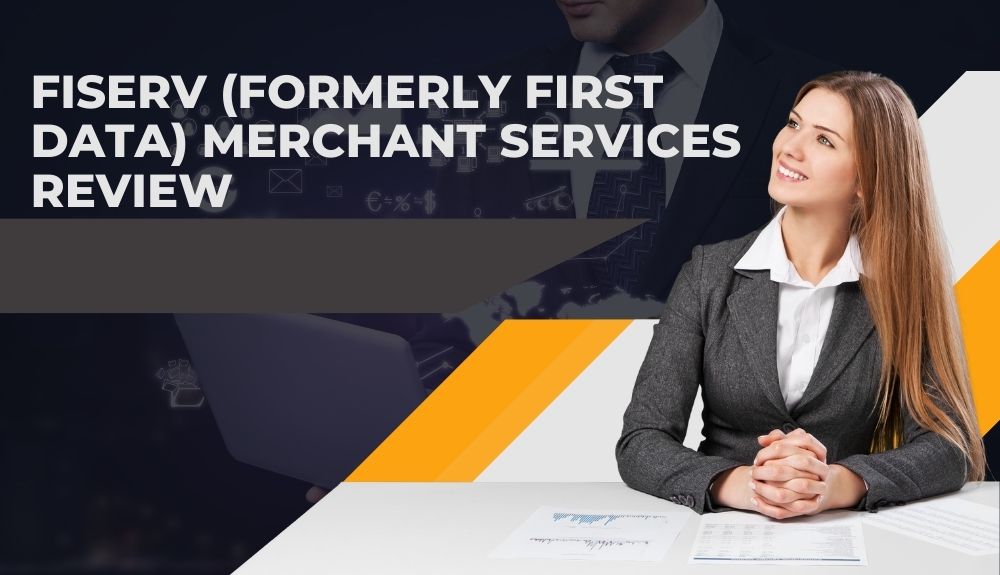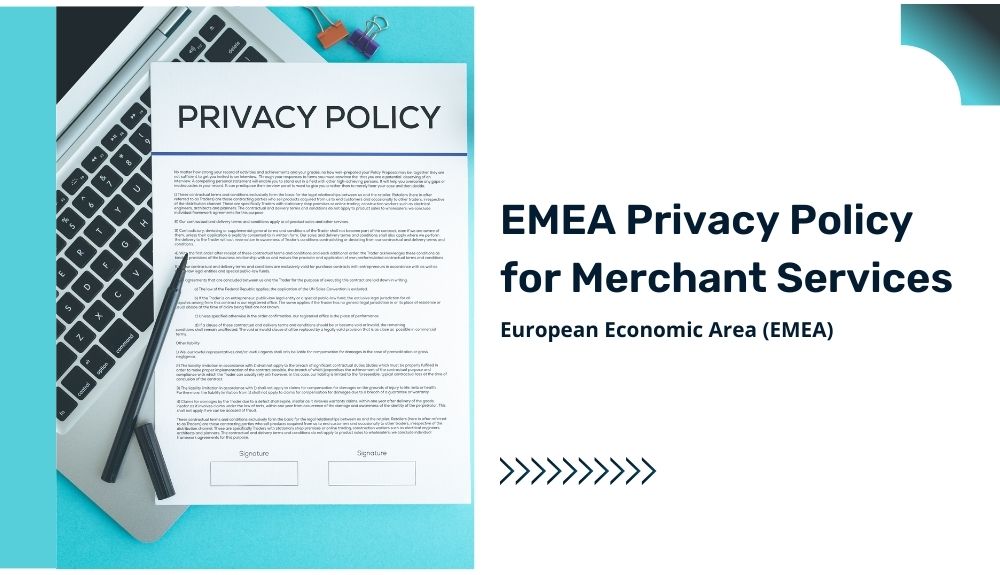How Do You Become A Credit Card Processing Agent
Becoming a credit card processing agent is a viable business opportunity for many entrepreneurs. As an agent, you help merchants accept credit card payments in exchange for commissions from the payments companies. Your job is to secure clients by marketing your services, onboarding them onto credit card processing systems, and providing ongoing merchant support. This guide will help you in understanding the steps to become a credit card processing agent.
If running your own business and helping local merchants sounds appealing, then becoming a credit card processing agent may be right for you. This article will walk you through the essential steps to launching and operating a successful agent business. We’ll cover how to get licensed by your state, find a sponsoring payments company, negotiate agent contracts, market your services, and onboard merchant clients onto credit card processing systems. By following these steps, you’ll be on your way to launching a business that allows you the independence of entrepreneurship and the steady income of recurring client relationships.
So if becoming a credit card processing agent interests you, read on to learn exactly how you can make it happen.
Steps To Become A Credit Card Processing Agent

Get Licensed
Obtaining the proper licensing is the first critical step to becoming a successful credit card processing agent. Most states require agents to hold a sales agent license from the state’s banking department in order to legally operate their business.
The licensing specifics differ by state, but typical requirements include:
- Background check: Almost always, states run a criminal background check to ensure you have no felony or relevant misdemeanor convictions in your past.
- Training course: Many states mandate you complete an online or in-person training focused on credit card compliance regulations.
- Exam: You may need to pass a test showing you understand relevant banking laws, fraud prevention, and other key topics.
- Fee: You’ll generally pay an initial licensing fee plus annual renewal costs.
Do note that not every state mandates an actual license – some only require registration while others have no rules at all. You’ll need to research your state’s specific statutes to determine what you must do legally to operate there.
Once you secure the proper licensing for your area, you can move on to finding a merchant acquirer to sponsor your business and provide clients. But first, ensuring you have the licensing allows you to legally onboard merchants and earn commissions. Following the regulations from the start will set your business off on the right foot for long-term success.
Find a Merchant Acquirer
Choosing and partnering with the right merchant acquirer or Independent Sales Organization (ISO) is a critical step for credit card processing agents. A merchant acquirer is a payments company that will sponsor your business, provide the processing services and technology for your merchant clients, and pay you a commission on the transactions.
Start by researching companies that work with independent agents. Several large merchant acquirers, such as First Data, Elavon, and Chase Paymentech, have dedicated agent programs. You can typically find information on their website about requirements, commission rates, and benefits for agents.
Then, apply directly with the merchant acquirers you’re interested in. Most will require some basic information from you like your business plan, relevant experience, and a credit check. Some may require an initial investment or funding to get started.
Once you’ve chosen an acquirer, you’ll need to sign a formal agent contract that outlines the terms of your relationship. The contract will specify:
- Your commission rate: Usually a percentage of transaction fees or monthly account fees. Higher rates for higher volumes.
- Compliance requirements: You must adhere to all applicable laws, regulations, and the acquirer’s policies.
- Operating standards: Rules around marketing, client onboarding, and support.
- Restrictions: Like non-compete clauses during and/or after your relationship.
The acquirer you choose will become your critical banking partner, so take the time to thoroughly research options, compare rates and benefits, and negotiate contract terms before making your final decision. Forming the right partnership from the beginning sets the stage for long-term success as a credit card processing agent.
Sign a Contract
After choosing a merchant acquirer to partner with, the next step is signing a formal agent contract that outlines the terms of your business relationship.
Negotiating the contract terms is important, so take the time to review all aspects of the contract carefully before signing. Some key points to consider:
- Commission rate: This will be the main way you make money, so negotiate the highest commission percentage you can. Ask for margins on both transaction and monthly account fees.
- Fees: Inquire about any upfront, monthly, or transaction fees you’ll be required to pay. Try to keep these as low as possible.
- Responsibilities: Be clear on what is expected of you to remain in good standing, like client service standards, compliance duties, and reporting obligations.
- Restrictions: Understand any limitations on what merchant categories or programs you can offer clients and for how long any non-compete clauses apply.
- Term: The contract length determines how long you’re locked into the agreement. Consider opting for shorter terms that you can renegotiate.
- Early termination: Find out what happens if either party wants to end the contract early and what fees may apply.
As you negotiate the contract, think about the long-term potential of the partnership and aim for terms that will set your business up for growth. A fair contract with a financially viable commission structure and clearly defined responsibilities on both sides is the foundation for a prosperous agent business.
Once you’ve signed an agreement you’re happy with, you can shift your focus to marketing your services and securing your first clients as a licensed credit card processing agent.
Market Your Business
Developing an effective marketing strategy is essential for attracting merchant clients and growing your credit card processing agent business. Consider both online and offline marketing channels to reach the most potential clients.
Start by building a professional website that outlines the benefits of your services. Include details like your competitive rates, the fast application process, and tools you provide for merchant clients. Update your site regularly with helpful articles, tips, and case studies.
Leverage social media platforms like Facebook, Twitter, Instagram, and LinkedIn to position yourself as an expert, share relevant content, and run targeted ads. Consider creating multimedia content like videos and infographics to stand out.
Get listed in online business directories relevant to your target merchants. Submit your business information to industry databases and local directories for merchants.
Write and distribute helpful articles, checklists, and ebooks with the goal of building your brand credibility and establishing yourself as a go-to resource for merchants. Include a call to action prompting readers to contact you.
Networking events are a valuable way to find new clients, so attend trade shows, chamber of commerce meetings, and industry meetups. Introduce yourself, share your offerings, and collect business cards to follow up with prospects.
Doing cold calls and direct mail campaigns can still be effective if done properly. Ring up relevant merchants and quickly articulate the benefits of using a credit card processing agent like yourself. Send targeted mailers and flyers to businesses likely needing your services.
Leverage referrals from existing happy clients, community partners, and professional acquaintances. Offer incentives for client referrals that lead to new business.
Combine different marketing tactics for the greatest exposure. Monitor results and adjust your marketing investments based on what brings in the most high-quality leads. With consistency and a willingness to try new strategies, you can build a steady stream of merchant clients to sustain your agent business in the long run.
Onboard Merchant Clients
Onboarding new merchant clients onto credit card processing systems is at the heart of what you do as an agent. Here are the key steps to follow when bringing on a new merchant:
Meet with the prospective client to determine their specific payment processing needs. Ask questions to understand:
- Which credit cards do they accept
- Their average transaction volume and size
- Any specialized payment options they require
- Current systems or terminals in use
- Software integrations needed
Based on the client’s business, recommend the right combination of credit card terminals, card readers, payment options, and software. Explain how each solution meets its objectives.
Have the client fill out the necessary application forms to verify their business information and history. This includes details like ownership structure, tax IDs, monthly volumes, and industry.
Submit the client’s application and supporting documents to your sponsoring merchant acquirer. They will conduct any needed underwriting, compliance reviews, and risk assessments.
Once approved, work with the acquirer to activate the client’s new account with the correct processing rates, features, and terminals. This may require coordinating orders, installations, and software integrations.
Provide initial on-site training for the client on how to use the new terminals, readers, and software. Answer any questions that arise.
Be available for ongoing client support. Monitor their account for issues, answer questions promptly, and troubleshoot any processing problems that come up. Make supported calls or in-person visits when needed.
Consider opportunities for cross-sells and up-sells. As client volumes increase, recommend upgraded terminals, payment types, and features your acquirer offers that provide more value.
Conclusion

By following the steps outlined – getting licensed, partnering with an ISO, signing contracts, developing a marketing plan, and onboarding clients properly- you’ll lay a strong foundation for your agent business.
Ultimately, lasting success in this field comes down to three things: forging trusted relationships with your sponsor and merchants, offering valuable solutions that meaningfully aid clients’ businesses, and continually adapting as payment technology advances.
If you approach this career full of dedication, a willingness to change over time, and a genuine commitment to exceptional client care, being a processing agent can provide the benefits of entrepreneurship – flexible work, gratifying client connections, and potential income growth. With the right focus and diligence, success is within reach. Stay driven to help your merchants thrive, and your business will too.











